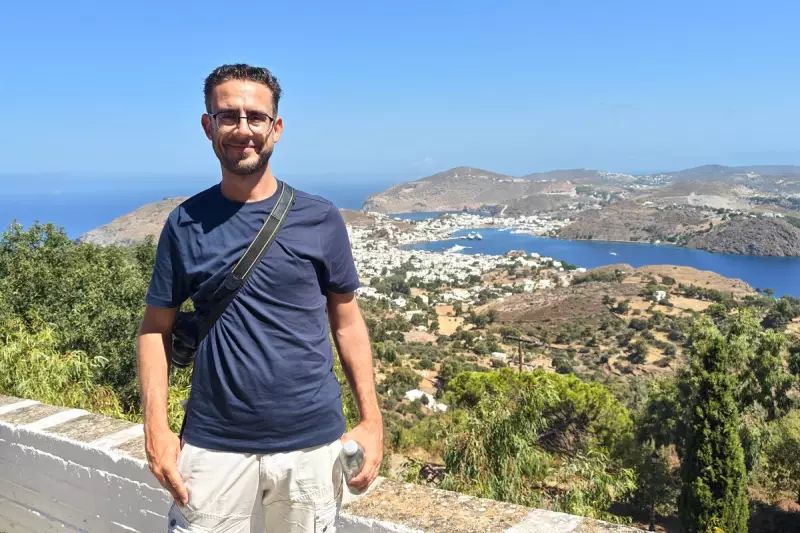
The serene and sacred island of Delos, one of Greece's most treasured archaeological sites, is sounding the alarm. A dramatic surge in cruise ship tourism is pushing this ancient sanctuary to its absolute limit, threatening its very existence.
Once a year-round haven for historians and dedicated travellers, Delos is now overrun. On a single day, the island can be invaded by up to 10,000 visitors disgorged from the colossal ships that dock nearby. This isn't sustainable tourism; it's an assault on a priceless piece of human history.
A Sacred Site Under Siege
In Greek mythology, Delos is the hallowed birthplace of the twin gods Apollo and Artemis. For centuries, it was a thriving religious and commercial hub. Today, its sprawling ruins—including magnificent mosaics, an ancient theatre, and iconic marble lions—tell that story. But these fragile remnants were never designed to withstand such an intense human footprint.
Local archaeologists and site guardians watch in horror as the sheer volume of feet erodes ancient pathways and the immense weight of cruise ships damages the delicate marine ecosystem surrounding the island.
The Mykonos Effect
The problem is exacerbated by Delos's proximity to the party island of Mykonos. Many cruise itineraries bundle the two destinations together, transforming a day of cultural immersion into a rushed box-ticking exercise. Visitors are funnelled from ship to shore and back again, with little time to truly appreciate the significance of what they are seeing, and even less regard for its preservation.
A Desperate Plea for Change
Authorities and cultural heritage bodies are now issuing desperate pleas for intervention. Proposals include:
- Strict daily visitor caps to immediately reduce footfall.
- Radically revising cruise schedules to spread arrivals more evenly.
- Investing in enhanced protective measures, such as new walkways and barriers.
- Implementing a robust pre-booking system to manage flow and access.
The goal is not to ban tourism but to save Delos from being loved to death. Without urgent, decisive action, this open-air museum risks irreversible damage, potentially losing its coveted UNESCO World Heritage status. The choice is clear: manage the crowds or mourn the loss of a legend.





